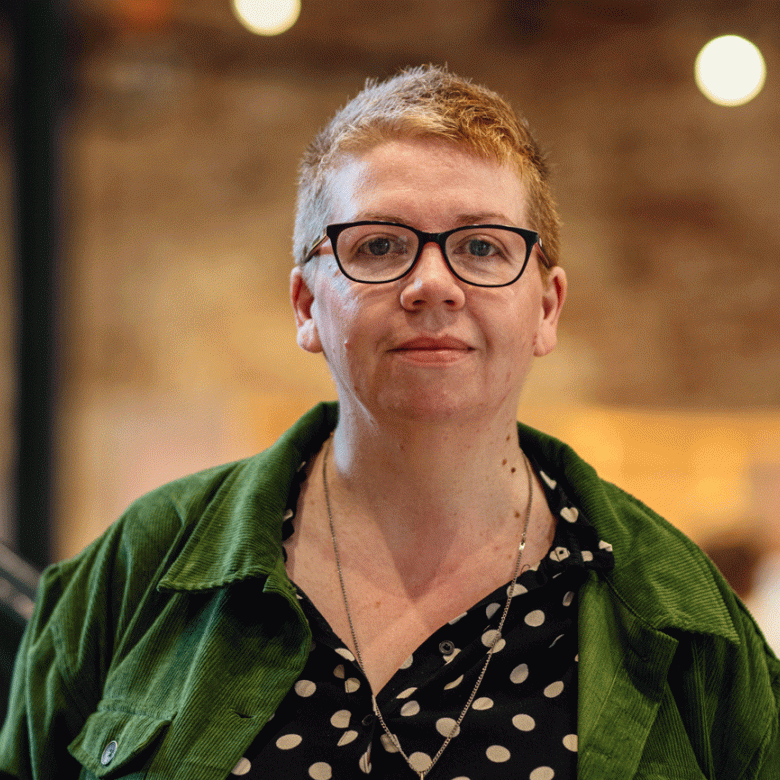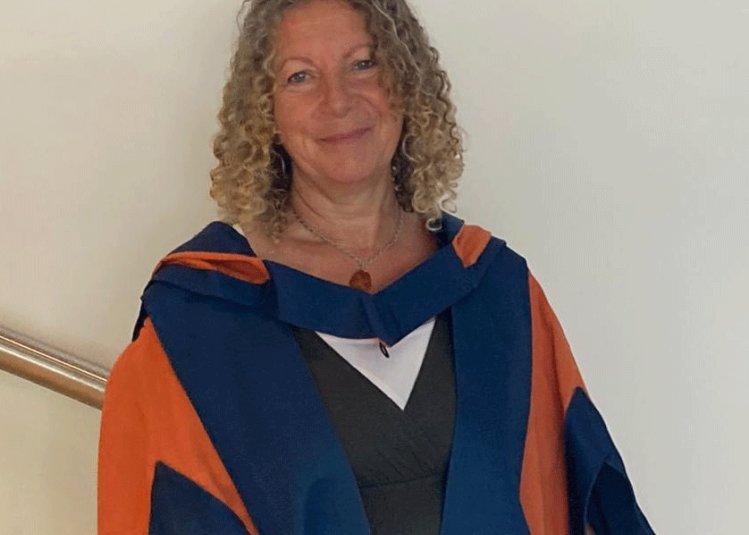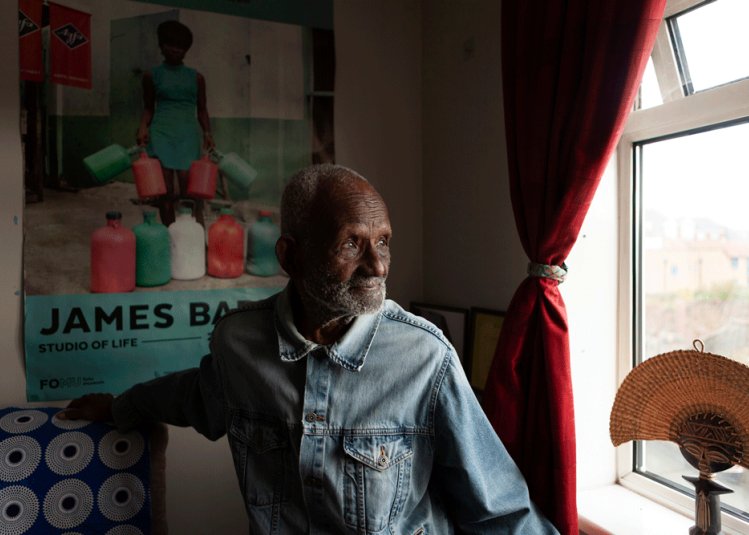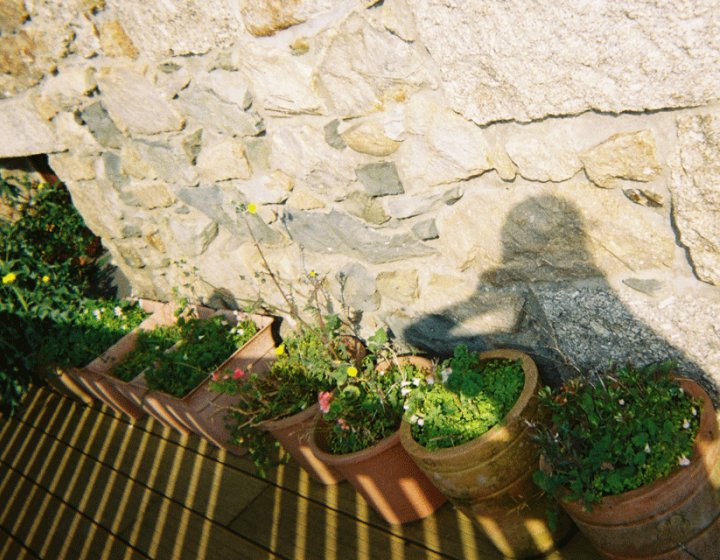Acting lecturer brings new revival of Olivier Award-winning play to life as associate director
29 September 2025

Amanda Collins, one of Falmouth’s Acting BA lecturers, has spent the last two months working on a production of Brian Friel’s Olivier Award-winning play, Dancing at Lughnasa. Performed at the Sheffield Crucible, the play is currently in production until 4 October, before transferring to Royal Exchange Theatre, Manchester.
It follows the story of the five Mundy sisters as they face the joys and sorrows of life in rural Ireland in 1936, exploring the importance of reflection and memory against a backdrop of societal expectations for women.
We caught up with Amanda to learn more about the behind-the-scenes of working as a director and the advice she would give to anyone looking to pursue a career in theatre.
How have you found your time working on Dancing at Lughnasa?
It has been an absolute joy working on this incredible play by Brian Friel with a fantastic team of actors and creatives. The Crucible’s thrust stage and the Royal Exchange are two of the most exciting stages in the UK; both give audiences a real sense of connection and intimacy and require a directness and honesty from the actors. This is my fourth time collaborating with the wonderful Artistic Director of Sheffield Theatres, Elizabeth Newman, and we have been working with an excellent cast of primarily Irish actors, who are brilliantly telling this story.
Can you tell us more about the work you’ve been doing?
Alongside supporting the work in rehearsals, as associate director I have several specific tasks. In preparation for the rehearsal process, I created a research pack for the cast and creative team to help us contextualise the world of the play, which is set in 1930s Donegal, Ireland. I’m also working with the two understudies on the production who are covering the eight roles in the play. Brilliantly, we have a British Sign Language (BSL) integrated performance, which I will direct, where the interpreter is in costume and moves in and out of the action, so that the experience for BSL audiences is integrated with the creative vision of the play.
What would you say to prospective students who aspire to have a career in theatre?
I love working in the theatre and feel incredibly privileged to spend my time working with a diverse range of people whose job it is to tell stories. At its core, theatre is about connection with our humanity; our emotions, each other and the world we live in. In the current climate of fear and divisiveness, I believe theatre has never been more vital.




